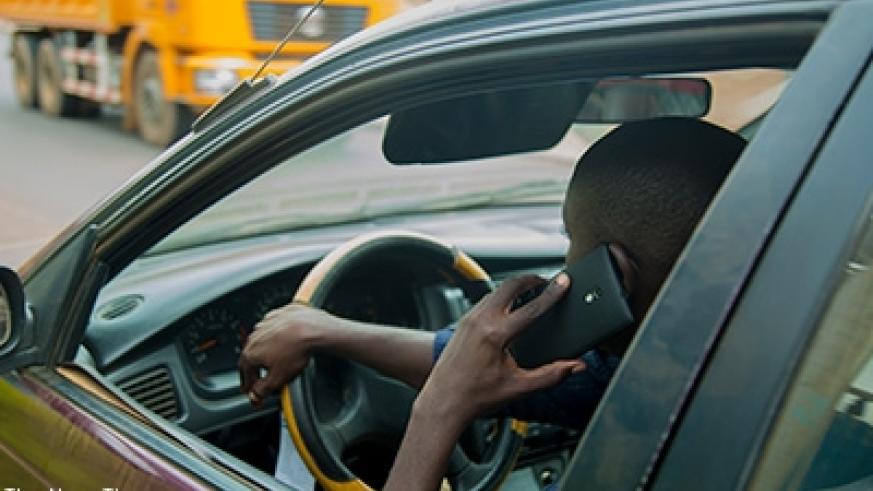Kenyan roads have continued to claim more lives since the beginning of 2018.
With the 2018 data set to topple the 2017 data, here are some of the tips to be remain a good driver and a competent motorist.
Based on this experience, drawing from NTSA regulations, we provide six (06) recommendations to be a more responsible driver
Avoid distractions.
When driving, the driver’s senses should be focused on the route. Although some people believe they have an alleged ability to divide their attention and send messages on the cell phone while driving, the route can be unpredictable.
Being focused on the wheel can give valuable seconds that could be needed to avoid eventualities and risks. Put the cell phone in silence, leave it aside and enjoy the path.
Be careful with fatigue.
Either by day to day or by maintaining a prolonged period of driving, fatigue can be a factor of danger. Some of the symptoms of driving fatigue are constant yawning, memory impairment, obviating traffic signals or not maintaining adequate follow-up distances with reference to the vehicle ahead, constantly changing the speed of the vehicle, being irritable and / or cannot easily articulate the words. If that happens, stop quickly and rest in a safe and proper place.
If you are going to drink, do not drive.
Alcohol affects motor skills and the nervous system, which in turn disturbs judgment, responsiveness and the ability to make decisions.
When you go to enjoy a drink with alcohol, remember to leave the car at home. If the situation is casual, choose to call a replacement driver or designate a ‘chosen driver of the night’.
Respect the speed limits.
We have been in a hurry at some time or we have wanted to arrive at our destination as soon as possible. However, speed limits allow a peaceful and safe coexistence, especially in places with high traffic of people.
It is proven that acceleration only generates significant savings when it comes to travel over very long distances.
Establish self-regulation norms.
There are driving prevention strategies that you can apply in your day to improve your performance. One of them is the ‘defensive driving’, which advises rules such as making sure you have good vision to see dangers 15 seconds away, keep a prudent distance between cars, use directional lights to communicate intentions in advance, backtrack with Care and overtaking safely without doing it in bridges, tunnels, curves, or slopes.
Give preference to pedestrians and cyclists.
Every driver has the responsibility to be an agent of trust and tranquility for people who walk on public roads. In our country, not all cities have cycle paths, it is essential that those at the wheel give way, do not block bicycle parking points, or crosswalks, use directional lights and avoid using the bicycle. horn unnecessarily.
A road culture will be achieved thanks to a joint effort. Both drivers and pedestrians have a responsibility to educate themselves.














